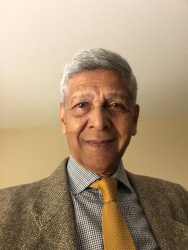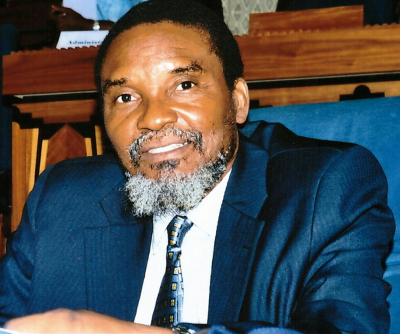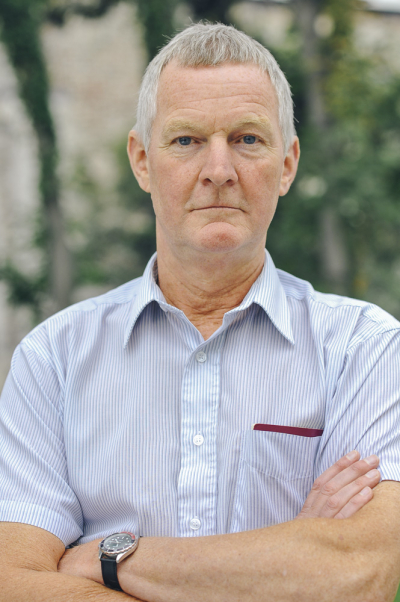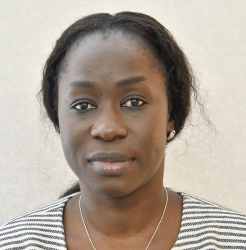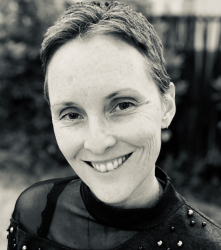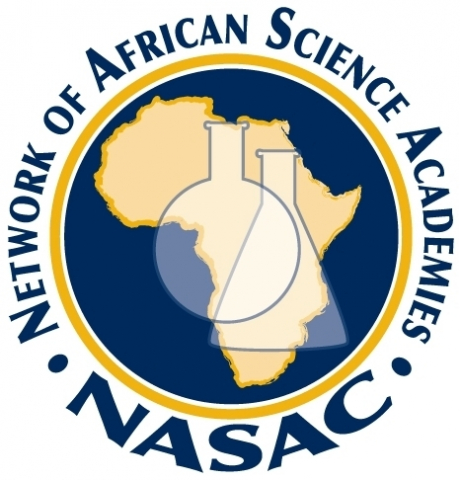There are many, direct and indirect, pathways through which climate change impacts health. In this 60-minute side event of the UNFCCC Africa Climate Week, IAP and its regional partner in Africa, the Network of African Science Academies (NASAC) will draw on a current IAP project to share knowledge within and between regions and to identify critical evidence gaps. The emerging outputs from this collaborative work provide an important bridge between science and policy on priorities to be addressed in climate change transformational solutions for mitigation and adaptation for resilient health systems.
The session starts with a discussion of opportunities and challenges worldwide, and the objectives to add value by designing the regional work to be inclusive, inter-sectoral and transdisciplinary, independent of vested interests and involving younger researchers. Major climate change effects encompass heat-related morbidity and mortality, infectious diseases, food and nutrition insecurity, disaster-associated injury and death, and impacts on mental health. Analysis in Africa exemplifies the diversity of experience including, identifying common factors while recognising the importance of local contexts and the interaction of climate variables with other determinants of health and well-being, including gender. The urgency for action by policy makers and all stakeholders has been sharply accentuated by the converging crises of climate change and COVID-19. Synthesis of knowledge within the Africa is also being compared with outputs from parallel studies in the Americas, Asia and Europe.
Discussion will be encouraged on quantifying transformational and equitable solutions, clarifying adaptation limits, and prioritising mitigation actions that bring health co-benefits. There will also be a focus on filling research gaps for geographical coverage, understanding the influence of social factors and projecting future scenarios so that the evidence base is robust and relevant to inform policy making at local, regional and global levels.
The session will take place on 26 September, 3:00-4:00 PM East African Time/GMT+3.
Register here!

